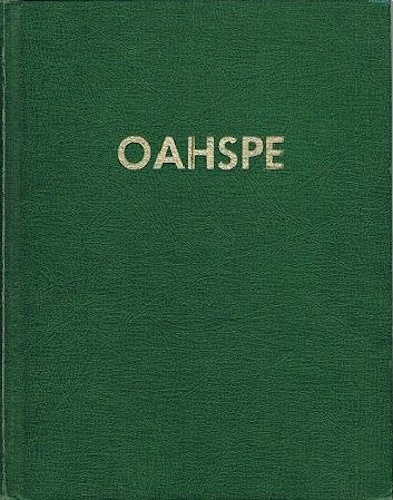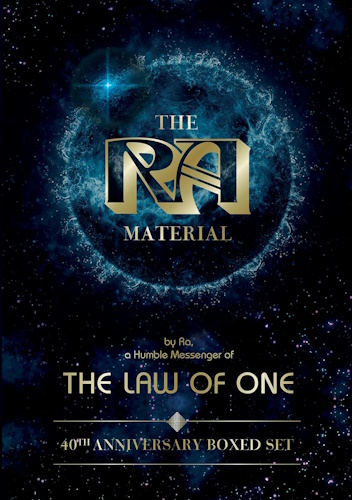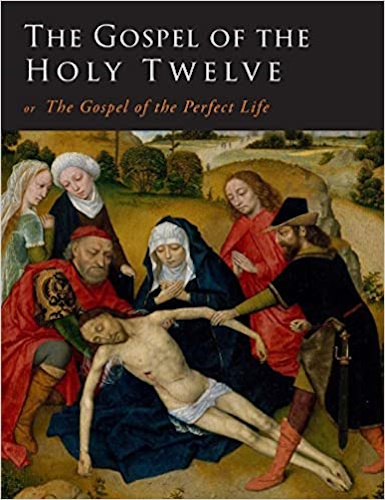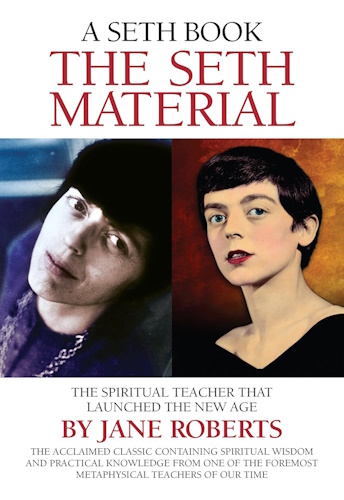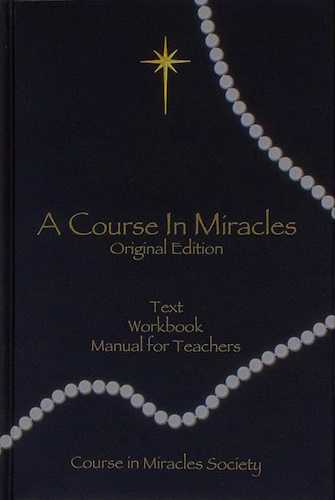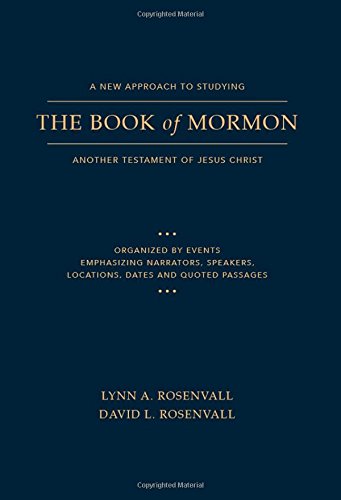
![]()
![]()
Book of Wars Against Jehovih
Chapter XLIX
1. OSIRIS then instructed King Thothma to drive out of the land of Egupt all the Faithists, especially the shepherd kings, who could not be made slaves of.
2. Thothma impressed an army of two hundred thousand warriors, and drove off the shepherd kings, putting to death more than three hundred thousand of them. And from the Faithists he took all their possessions, such as houses and lands, and suffered them not to hold any mortal thing in possession; neither permitting them to till the soil, save as servants, nor to engage in any other labor save as servants. And there went out of the land of Egupt, to escape the tyranny of Thothma, three millions of Faithists, including the shepherd kings, the unlearned. And in regard to the Faithists, who remained in the land of Egupt, Osiris, through king Thothma, made the following laws, to wit:
p. 444
3. Thou shalt not possess any land, nor house, nor ox, nor any beast of burden, nor cow, nor calf, nor shall thy people possess an altar of worship, nor temple, nor place of sacred dance. But a servant and a servant of servants shalt thou be all the days of thy life. But in thy sleeping place and in the sleeping place of thy family thou shalt do worship in thine own way, nor shall any man molest thee therein.
4. Thou shalt not profess openly thy doctrines under penalty of thy blood and thy flesh; nor shalt thou teach more in the schools or colleges; nor shall thy children receive great learning. And of thy arts, of measuring and working numbers, thou shalt not keep them secret longer, or thy blood be upon thee.
5. And if thou sayest: Behold, the Great Spirit; or Jehovih, the Ever Present, thou shalt suffer death, and thy wife and thy children with thee. And if a man query, to try thee, asking: Who created the world? thou shalt answer: Behold, God! And if he should further ask: Thinkest thou the Creator is Ever Present? thou shalt say: Nay, but as a man that hath finished his labor, he sitteth on his throne in heaven. And if he further ask thee: Where is God? thou shalt answer: On the Mountain Hored, in heaven. And if he still further ask thee: Is the Ever Present a Person? thou shalt say: Nay, the Ever Present is void like the wind; there is but one ruler in heaven and earth, even Osiris, who is Lord the God, Savior of men.
6. Who else but doeth these things shall be put to death; whoso boweth not unto Thothma, my earthly ruler, shall not live, saith God.
7. These laws were entered in the libraries of Egupt, and also proclaimed publicly by the scribes and seers. And yet with these restrictions upon them there remained in the land of Egupt more than two million Faithists.
8. And it came to pass that Thothma began the building of the TEMPLE OF OSIRIS (pyramid), and he impressed two hundred thousand men and women in the building thereof, of which number more than one-half were Faithists. And these laborers were divided into groups of twelves and twenty-fours and forty-eights, and so on, and each group had a captain; but for series of groups of one thousand seven hundred and twenty-eight men and women, there were generals, and for every six generals there was one marshal, and for every twelve marshals was one chief, and these chiefs were of the Privy Council of the king.
9. And the king allotted to every chief a separate work; some to dig canals, some to quarry stone, and some to hew the stones; some to build boats, some to provide rollers, and others timbers, and yet others capstans.
10. Two places the surveyors found stone with which to build the temple, one was above the banks of the great river, Egon, at the foot of Mount Hazeka, and the other was across the Plains of Neuf, in the Mountains of Aokaba. From the headwaters of Egon a canal was made to Aokaba, and thence by locks descended to the Plains of Neuf, and thence to Gakir, the place chosen by the king for the temple to be built.
11. And as for the logs used in building, they were brought down the waters of Egon, even from the forests of Gambotha and Rugzak. These logs were tied together and floated on the water to the place required, where, by means of capstans, they were drawn out of the water ready for use.
12. As for the stones of the temple they were hewn in the region of the quarries. And when properly dressed, were placed on slides by capstans, and then, by capstans, let down the mountain sides, to the water, whereon they were to float to the place required for them.
13. The floats were made of boards sawed by men skilled in the work, and were of sufficient length and width to carry the burden designed. And at the bottom of the floats were rollers, gudgeoned at the ends. Now when a stone was let down from the place of its hewing on to the float, it was ready to be carried to its destination. And when the float thus arrived near Gakir, ropes, made of hemp and flax, were fastened to the float, and, by means of capstans on the land, the float was drawn up an inclined plane out of the water, the rollers of the float answering as wheels.
14. When all things were in readiness for building the temple, the king himself, being learned in all philosophies, proceeded to lay the foundation, and to give instruction as to the manner of building it.
15. These were the instruments used by the king and his workmen: The gau, the length, the square, the compass, and the plumb and line. Nor were there any other instruments of measure or observation used in the entire building of the temple. And, as to the measure called A LENGTH, it was the average length of a man, after trying one thousand men. This was
p. 445
divided into twelve parts, and these parts again into twelve parts, and so on.
16. After the first part of the temple was laid, the builders of the inclined plane began to build it also, but it was built of logs. And when it was raised a little, another layer of the temple was built. Then again the inclined plane was built higher, and another layer of the temple built; and so on, the inclined plane, which was of wood, was built up even the same as was the temple.
17. The width of the inclined plane was the same as the width of the temple, but the whole length of the inclined plane was four hundred and forty lengths (of a man). Up this inclined plane the floats, with the stones thereon, were drawn by means of capstans and by men and women pulling also.
18. For four and twenty years was Thothma building the temple; and then it was completed. But it required other half a year to take away the inclined plane used in building it. After that it stood free and clear, the greatest building that had ever been built on the earth or ever would be.
19. Such, then, was Thothma's TEMPLE OF OSIRIS, THE GREAT PYRAMID.
20. Jehovih had said: Suffer them to build this, for the time of the building is midway betwixt the ends of the earth; yea, now is the extreme of the earth's corporeal growth; so let it stand as a monument of the greatest corporeal aspiration of man. For from this time forth man shall seek not to build himself everlastingly on the earth, but in heaven. All these things shall be testimony that in the corporeal age of the earth man was of like aspiration, and in the spiritual age of man in an opposite condition of corporeal surroundings; for by the earth I prove what was; and by man prove what the earth was and is at certain periods of time.
-
Urantia Book, 44:0.11 - The Celestial Artisans
Never in your long ascendancy will you lose the power to recognize your associates of former existences. Always, as you ascend inward in the scale of life, will you retain the ability to recognize and fraternize with the fellow beings of your previous and lower levels of experience. Each new translation or resurrection will add one more group of spirit beings to your vision range without in the least depriving you of the ability to recognize your friends and fellows of former estates.
-
Princess Bride 1987 Wallace Shawn (Vizzini) and Mandy Patinkin (Inigo Montoya)
Vizzini: HE DIDN'T FALL? INCONCEIVABLE.
Inigo Montoya: You keep using that word. I do not think it means what you think it means. -
Urantia Book, 117:4.14 - The Finite God
And here is mystery: The more closely man approaches God through love, the greater the reality -- actuality -- of that man. The more man withdraws from God, the more nearly he approaches nonreality -- cessation of existence. When man consecrates his will to the doing of the Father's will, when man gives God all that he has, then does God make that man more than he is.
-
Urantia Book, 167:7.4 - The Talk About Angels
"And do you not remember that I said to you once before that, if you had your spiritual eyes anointed, you would then see the heavens opened and behold the angels of God ascending and descending? It is by the ministry of the angels that one world may be kept in touch with other worlds, for have I not repeatedly told you that I have other sheep not of this fold?"
-
Urantia Book, Foreword - 0:12.12 - The Trinities
But we know that there dwells within the human mind a fragment of God, and that there sojourns with the human soul the Spirit of Truth; and we further know that these spirit forces conspire to enable material man to grasp the reality of spiritual values and to comprehend the philosophy of universe meanings. But even more certainly we know that these spirits of the Divine Presence are able to assist man in the spiritual appropriation of all truth contributory to the enhancement of the ever-progressing reality of personal religious experience—God-consciousness.
-
Urantia Book, 1:4.3 - The Mystery Of God
When you are through down here, when your course has been run in temporary form on earth, when your trial trip in the flesh is finished, when the dust that composes the mortal tabernacle "returns to the earth whence it came"; then, it is revealed, the indwelling "Spirit shall return to God who gave it." There sojourns within each moral being of this planet a fragment of God, a part and parcel of divinity. It is not yet yours by right of possession, but it is designedly intended to be one with you if you survive the mortal existence.
-
Urantia Book, 1:4.1 - The Mystery Of God
And the greatest of all the unfathomable mysteries of God is the phenomenon of the divine indwelling of mortal minds. The manner in which the Universal Father sojourns with the creatures of time is the most profound of all universe mysteries; the divine presence in the mind of man is the mystery of mysteries.
-
Urantia Book, 1:4.6 - The Mystery Of God
To every spirit being and to every mortal creature in every sphere and on every world of the universe of universes, the Universal Father reveals all of his gracious and divine self that can be discerned or comprehended by such spirit beings and by such mortal creatures. God is no respecter of persons, either spiritual or material. The divine presence which any child of the universe enjoys at any given moment is limited only by the capacity of such a creature to receive and to discern the spirit actualities of the supermaterial world.
-
Urantia Book, 11:0.1 - The Eternal Isle Of Paradise
Paradise is the eternal center of the universe of universes and the abiding place of the Universal Father, the Eternal Son, the Infinite Spirit, and their divine co-ordinates and associates. This central Isle is the most gigantic organized body of cosmic reality in all the master universe. Paradise is a material sphere as well as a spiritual abode. All of the intelligent creation of the Universal Father is domiciled on material abodes; hence must the absolute controlling center also be material, literal. And again it should be reiterated that spirit things and spiritual beings are real.
-
Urantia Book, 50:6.4 - Planetary Culture
Culture presupposes quality of mind; culture cannot be enhanced unless mind is elevated. Superior intellect will seek a noble culture and find some way to attain such a goal. Inferior minds will spurn the highest culture even when presented to them ready-made.
-
Urantia Book, 54:1.6 - True And False Liberty
True liberty is the associate of genuine self-respect; false liberty is the consort of self-admiration. True liberty is the fruit of self-control; false liberty, the assumption of self-assertion. Self-control leads to altruistic service; self-admiration tends towards the exploitation of others for the selfish aggrandizement of such a mistaken individual as is willing to sacrifice righteous attainment for the sake of possessing unjust power over his fellow beings.
-
Urantia Book, 54:1.9 - True And False Liberty
How dare the self-willed creature encroach upon the rights of his fellows in the name of personal liberty when the Supreme Rulers of the universe stand back in merciful respect for these prerogatives of will and potentials of personality! No being, in the exercise of his supposed personal liberty, has a right to deprive any other being of those privileges of existence conferred by the Creators and duly respected by all their loyal associates, subordinates, and subjects.
-
Urantia Book, 54:1.8 - True And False Liberty
There is no error greater than that species of self-deception which leads intelligent beings to crave the exercise of power over other beings for the purpose of depriving these persons of their natural liberties. The golden rule of human fairness cries out against all such fraud, unfairness, selfishness, and unrighteousness.
